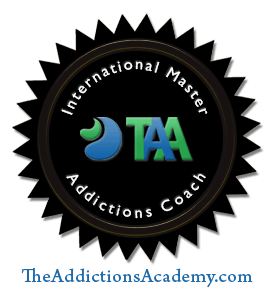What is Failure to Launch?
I was a pediatrician for over 18 years. Throughout my career, I saw the early signs of failure to launch. Failure to launch is a lack of life direction. Frequently, warning signs develop during the teenage or even pre-teen years. The early warning signs can easily be interpreted as “kids just experimenting” or “kids being kids.” Some early warning signs include excessive gaming or hanging out with friends at the expense of schoolwork and in-home responsibilities. However, the early warning signs frequently lead to more concerning behaviors. As failure to launch progresses, drugs and alcohol frequently become part of the picture. Some teens are getting into fights and possibly into legal trouble. Mental health struggles, such as depression and self-harm harm can develop.
A teen struggling with life direction will frequently become a young adult struggling with life direction. Instead of going to college or learning a trade, the behaviors that took root in high school persist and may worsen. Many young adults with failure to launch develop emotional and substance use disorders and behavioral addictions. The boredom that comes from an unstructured day perpetuates the behaviors and emotional struggles.
Failure to launch can be effectively managed. Short and long-term goal setting and accountability are important elements of reversing the downward spiral. Developing and adhering to a set daily schedule is vital. Self-care through healthy eating, sleep and exercise is an important part of feeling good and having the energy to accomplish daily tasks. An early focus on employment, learning a trade or enrolling in school and independent living are key to jumpstarting the process of managing failure to launch.
How does the rest of the family factor into the equation? Frequently, young adults struggling with failure launch need guidance and support from their parents. The guidance sets boundaries and provides achievable goals and expectations. Once established, maintaining boundaries is an essential part of reversing failure to launch. Incentives for goal achievement supplied as small, appropriate rewards also help promote failure launch reversal.
Coaching can significantly help the young adult struggling with failure to launch. Coaching is about action. A coach can help develop both short-term and long-term goals, develop a plan to achieve those goals, and help with daily schedule development. A coach can also ensure that one is striving towards healthy life choices, and help parents set appropriate boundaries and provide proper accountability when needed.
Failure to launch can be a frustrating situation for parents and can be damaging for directionless young adults. Developing a plan of action is key to finding a path towards a productive and healthy future. If you're facing issues with failure to launch or have a son or daughter who is struggling to find their direction, then it’s time to take action.
Kenneth Markowitz MD, IMAC, CHCQM
